Leather Furniture Storage: Expert Guide to Climate-Controlled Protection
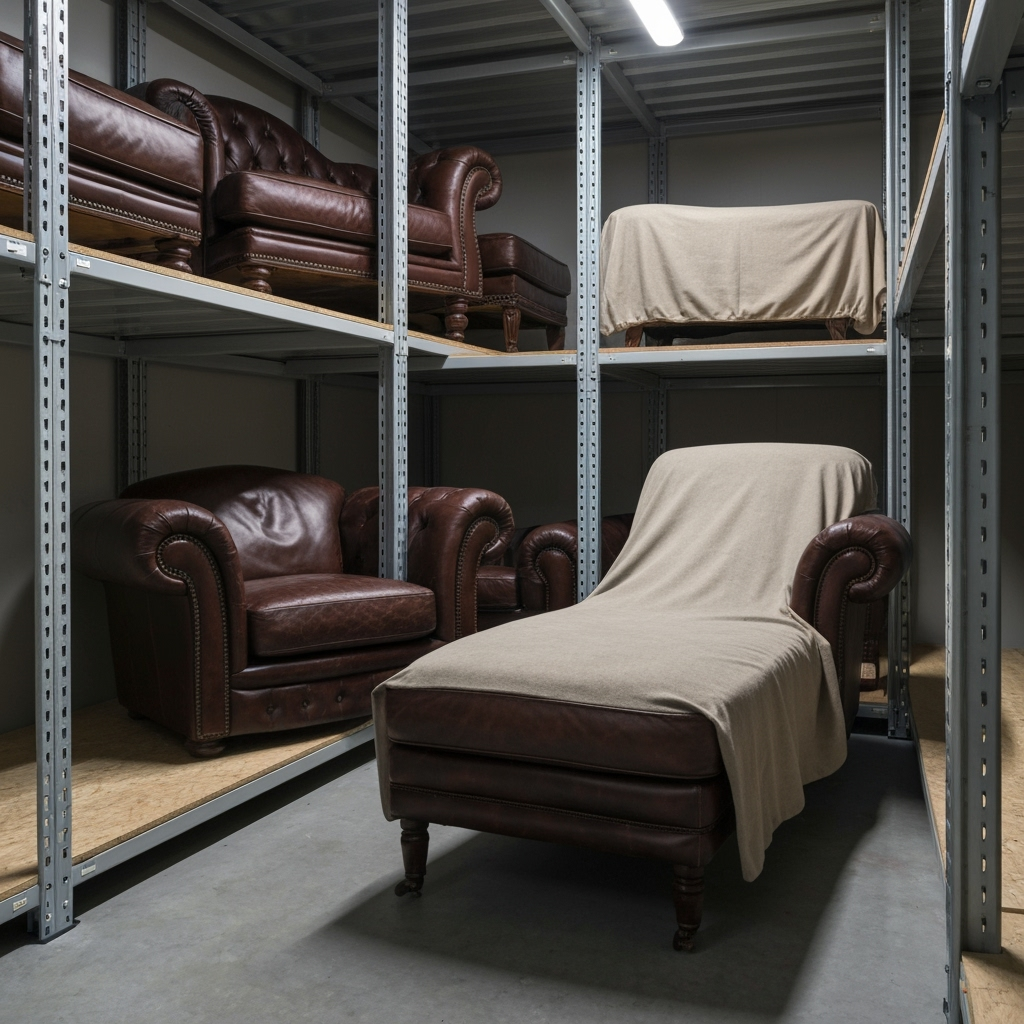
Leather furniture represents a significant investment in both style and comfort for your home. Whether you’re moving, renovating, or simply need temporary storage for valuable pieces, proper storage is crucial for maintaining the quality and longevity of your leather furniture. This comprehensive guide will help you understand why climate-controlled storage is essential and how to properly prepare and store your leather pieces.
Why Climate-Controlled Storage is Essential for Leather Furniture
Leather is a natural material that requires specific environmental conditions to maintain its quality. Without proper climate control, leather can suffer from various forms of damage:
- Moisture damage leading to mold and mildew
- Cracking and drying from excessive heat
- Color fading from humidity fluctuations
- Material degradation from temperature extremes
Optimal Storage Conditions for Leather Furniture

To preserve your leather furniture, maintain these ideal storage conditions:
- Temperature: 60-75°F (15-24°C)
- Relative Humidity: 40-50%
- Consistent environmental conditions
- Protection from direct sunlight
Preparing Your Leather Furniture for Storage
Before placing your leather furniture in storage, follow these essential preparation steps:
1. Clean and Condition
- Clean thoroughly with leather-specific cleaners
- Apply quality leather conditioner
- Allow sufficient time for conditioning products to absorb
- Remove all cushions and store separately
2. Protect and Cover
- Use breathable furniture covers
- Avoid plastic wrapping that can trap moisture
- Apply leather protectant
- Place moisture absorbers nearby
Professional Storage Setup Tips
Create the optimal storage environment with these professional recommendations:
- Elevate furniture off the ground using pallets or furniture blocks
- Maintain air circulation around pieces
- Install humidity monitors
- Regular inspections for potential issues
Common Mistakes to Avoid
Protect your investment by avoiding these storage pitfalls:
- Using plastic covers that trap moisture
- Stacking items on leather furniture
- Storing in non-climate-controlled spaces
- Neglecting regular maintenance checks
Regular Maintenance During Storage
Even in storage, leather furniture requires periodic attention:
- Monthly inspections for damage or environmental issues
- Regular dusting and cleaning
- Condition leather every 3-6 months
- Monitor humidity levels consistently
Choosing the Right Storage Facility
Select a storage facility that offers:
- 24/7 climate control systems
- Advanced security features
- Clean, pest-free environments
- Easy access for maintenance
When to Remove from Storage
Follow these guidelines when taking furniture out of storage:
- Gradually acclimate to new environment
- Inspect thoroughly for any issues
- Clean and condition before use
- Address any concerns immediately
Professional Assessment and Insurance
Consider these additional protective measures:
- Professional appraisal before storage
- Adequate insurance coverage
- Documentation of condition
- Regular professional maintenance
Conclusion
Proper storage of leather furniture is an investment in preserving your valuable pieces. Climate-controlled storage provides the optimal environment to maintain the quality, appearance, and longevity of your leather furniture. By following these guidelines and choosing the right storage solution, you can ensure your leather furniture remains in pristine condition until you’re ready to use it again.




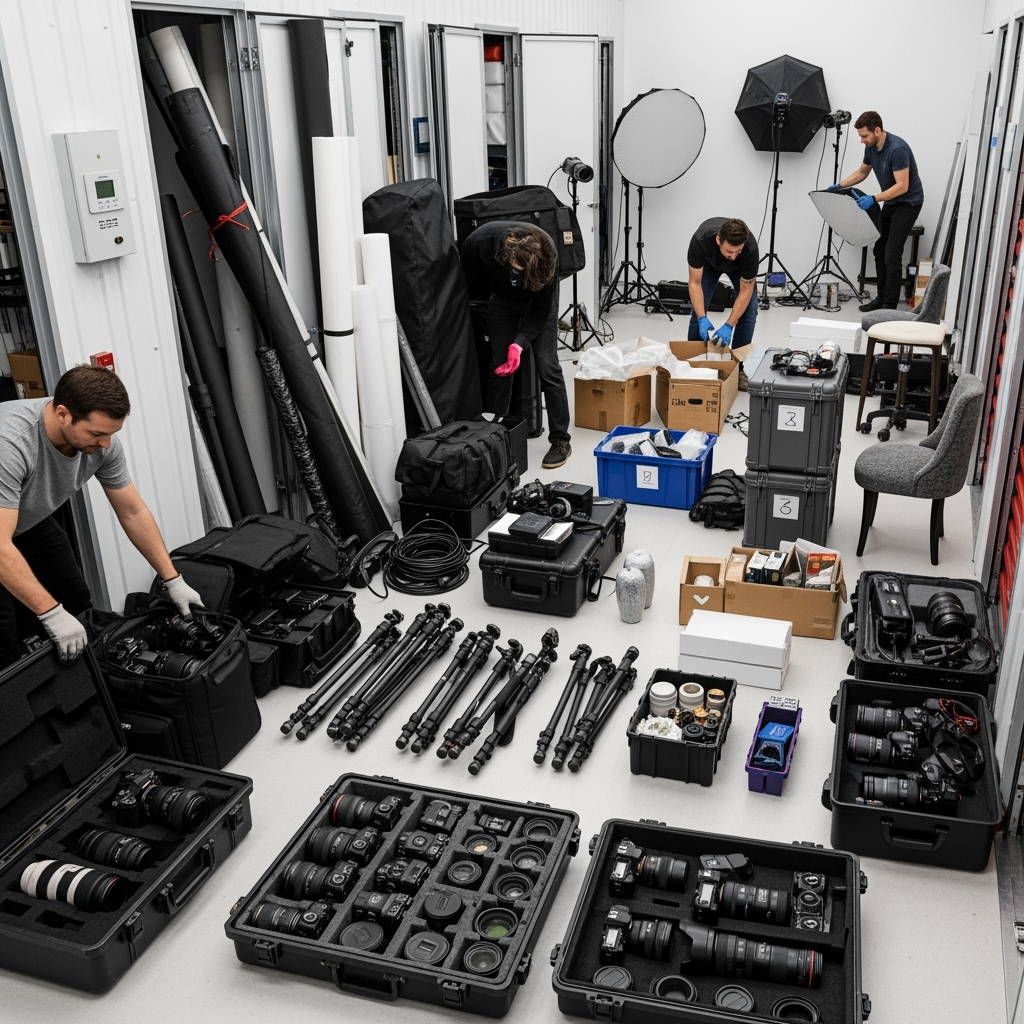

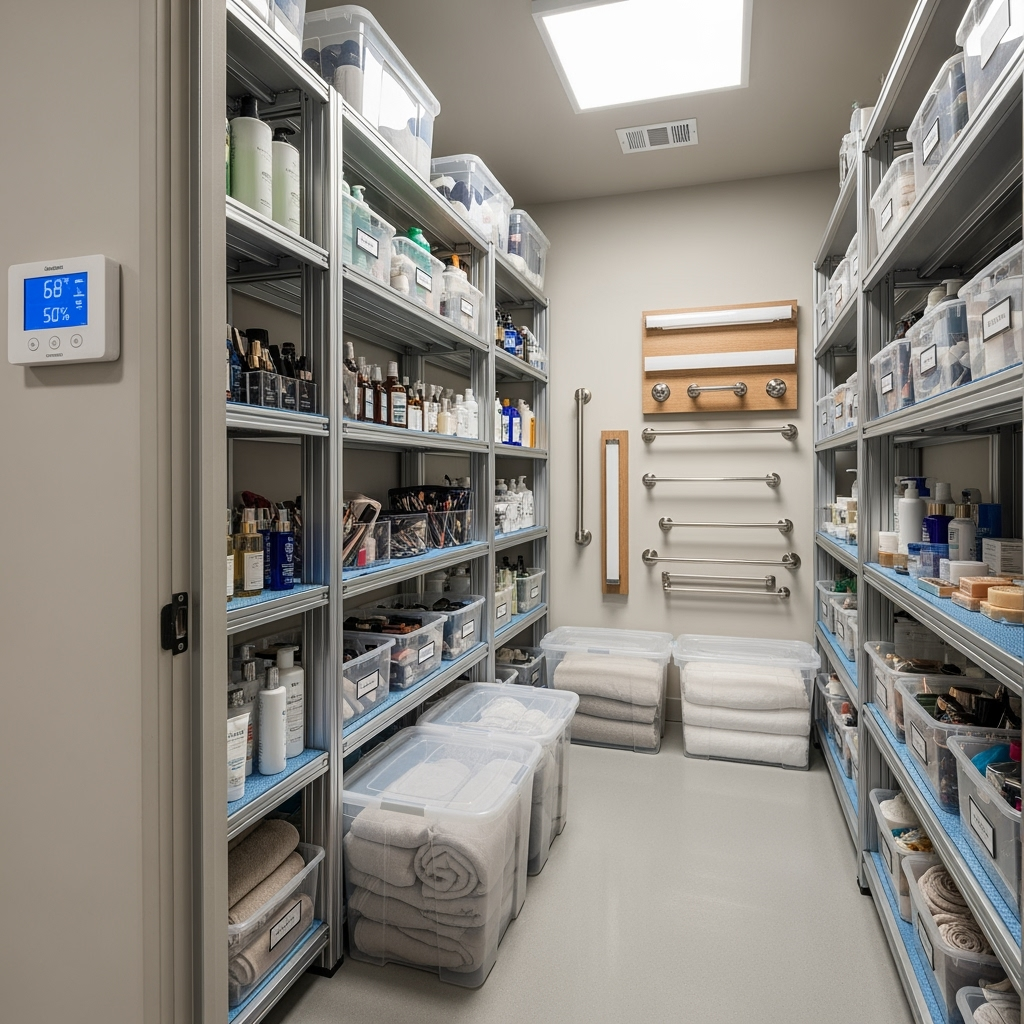
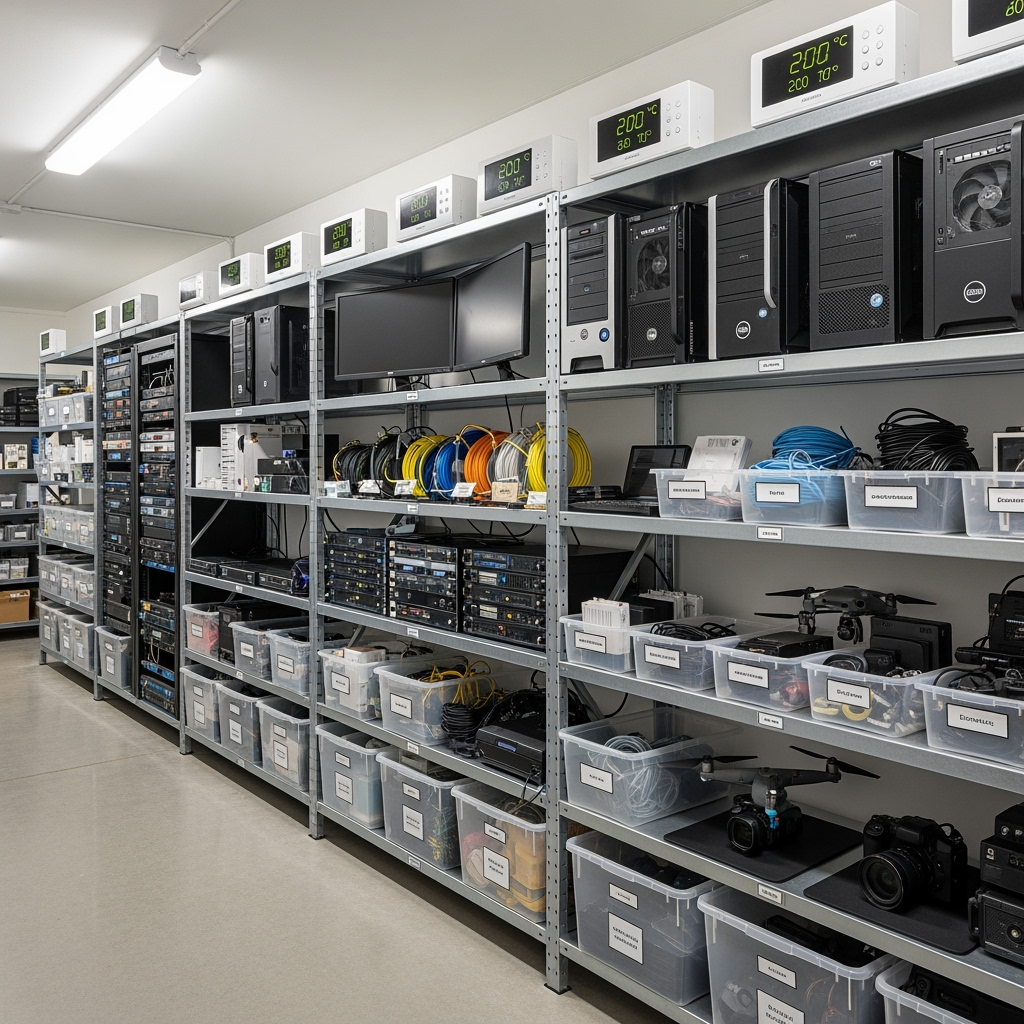
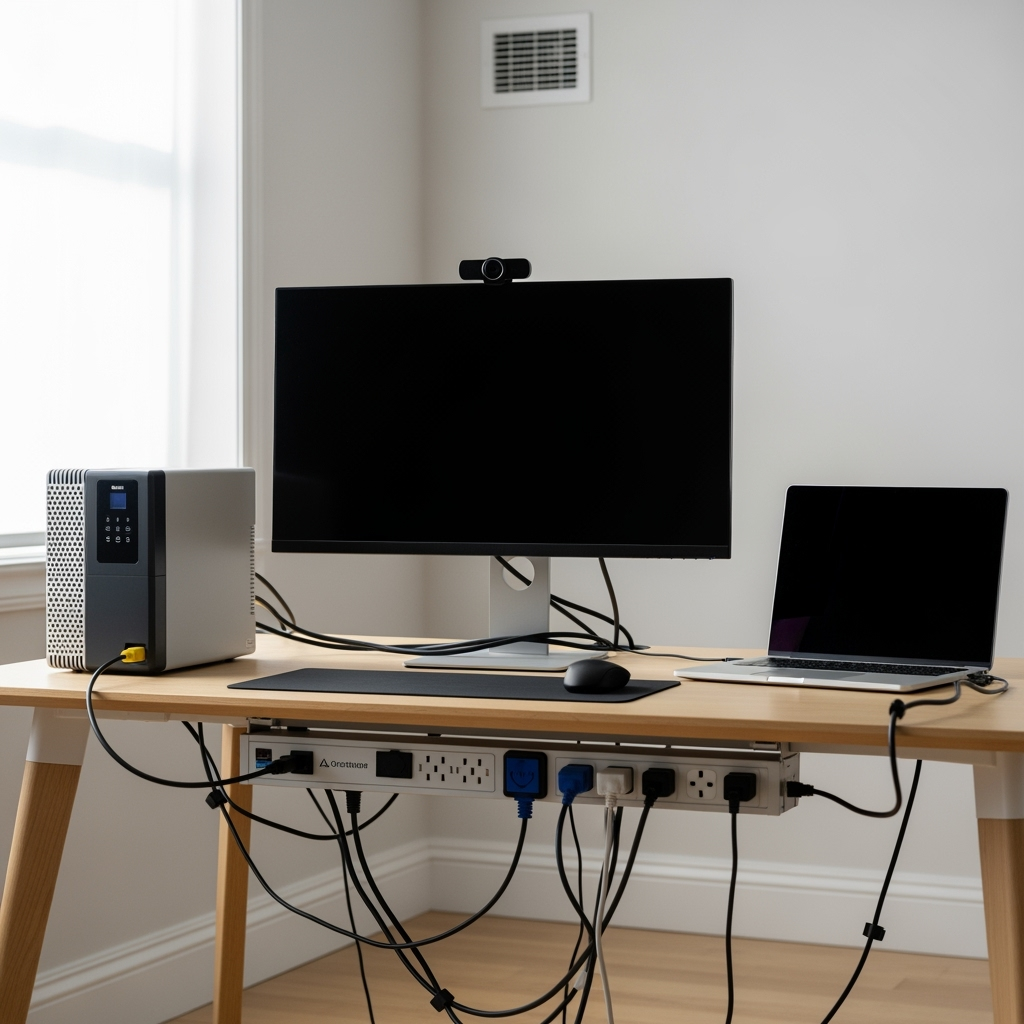
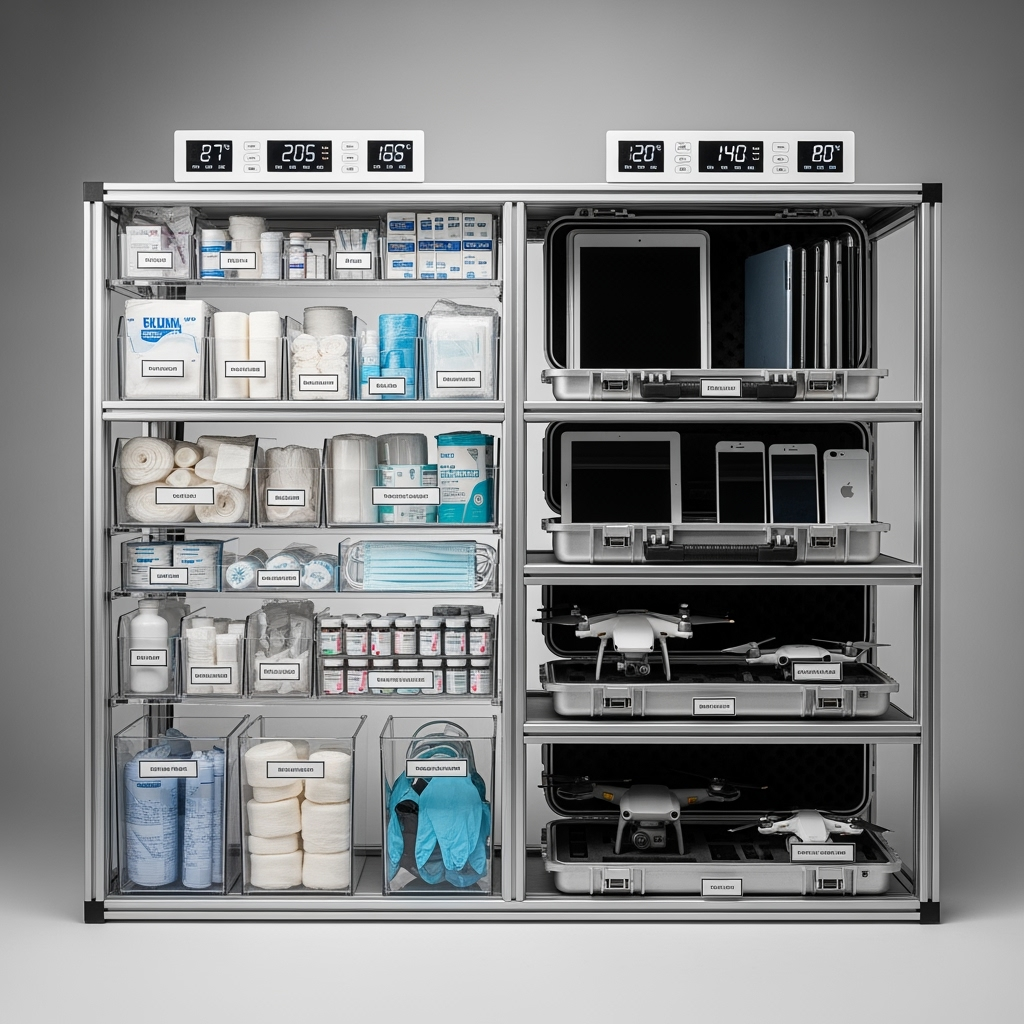
Leave a Reply